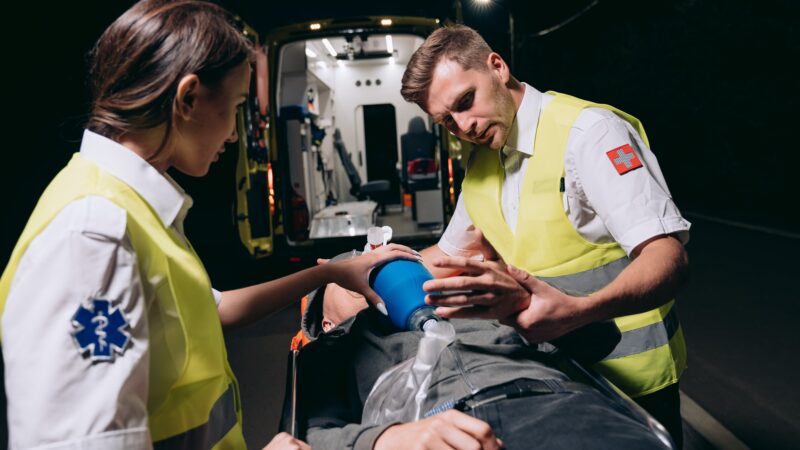Advancing Medical Education: The Shift Towards Competency-Based Learning

Introduction:
In the ever-evolving landscape of healthcare, competency-based medical education (CBME) has emerged as a transformative approach to training the next generation of physicians. Unlike traditional time-based models, CBME focuses on mastering specific competencies essential for clinical practice, ensuring that learners progress at their own pace. This article delves into the principles, implementation, and benefits of CBME in shaping the future of medical education.
- Understanding Competency-Based Medical Education
- Definition and principles: A learner-centered approach emphasizing measurable outcomes and demonstration of proficiency in defined competencies.
- Evolution of CBME: Response to the need for more flexible, outcomes-driven education models in healthcare.
- Core competencies: Clinical skills, professionalism, communication, collaboration, leadership, and lifelong learning.
- Advantages of Competency-Based Learning
- Flexibility and individualization: Learners progress based on their demonstrated abilities rather than predefined timelines, allowing for personalized learning pathways.
- Emphasis on outcomes: Focus on achieving specific competencies ensures graduates are well-prepared for the complexities of clinical practice.
- Continuous assessment and feedback: Ongoing evaluation and constructive feedback promote self-awareness and skill refinement.
- Alignment with healthcare needs: CBME addresses the evolving demands of healthcare delivery by preparing physicians with the skills needed to excel in diverse practice settings.
- Implementation Strategies for Competency-Based Medical Education
- Competency frameworks: Development of clear, measurable competencies aligned with program objectives and accreditation standards.
- Assessment methods: Utilization of diverse assessment tools, including workplace-based assessments, objective structured clinical examinations (OSCEs), and portfolio assessments.
- Learning environment: Creation of supportive learning environments that foster self-directed learning, reflection, and collaboration among learners and educators.
- Faculty development: Training educators to effectively assess competencies, provide meaningful feedback, and support learners’ professional development.
- Case Studies and Success Stories
- Institutions adopting CBME: Examples of medical schools and residency programs implementing competency-based approaches to medical education.
- Positive outcomes: Improved learner satisfaction, enhanced clinical preparedness, and increased confidence among graduates.
- Impact on patient care: Graduates of CBME programs demonstrate competence in delivering high-quality, patient-centered care, leading to improved healthcare outcomes.
- Challenges and Considerations
- Curriculum design: Balancing the integration of competencies with existing educational requirements and resources.
- Assessment validity and reliability: Ensuring assessment tools accurately measure desired competencies and provide reliable results.
- Faculty buy-in and support: Addressing concerns and providing training to educators unfamiliar with CBME principles and practices.
- Accreditation and regulatory frameworks: Aligning CBME programs with accreditation standards and regulatory requirements to ensure program quality and accountability.
- Future Directions and Opportunities
- Advancements in assessment technology: Leveraging innovative assessment methods, such as virtual simulations and artificial intelligence, to enhance competency evaluation.
- Interprofessional collaboration: Integrating competencies related to teamwork, communication, and collaboration to prepare learners for interprofessional practice.
- Lifelong learning and professional development: Emphasizing the importance of ongoing competency assessment and skill development throughout physicians’ careers.
- Global perspectives: Sharing best practices and lessons learned in CBME implementation across international borders to improve healthcare education worldwide.
Conclusion:
Competency-based medical education represents a paradigm shift towards a more learner-centered, outcomes-driven approach to medical training. By focusing on the mastery of specific competencies essential for clinical practice, CBME prepares physicians to meet the evolving needs of healthcare delivery and excel in diverse practice settings. As institutions continue to embrace CBME principles and refine implementation strategies, the future of medical education holds promise for producing highly competent, patient-centered physicians equipped to address the challenges of healthcare in the 21st century.





